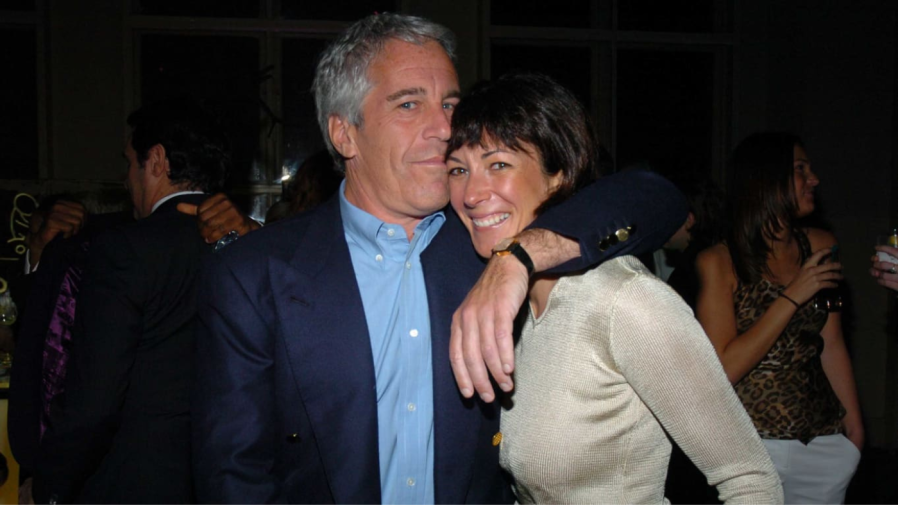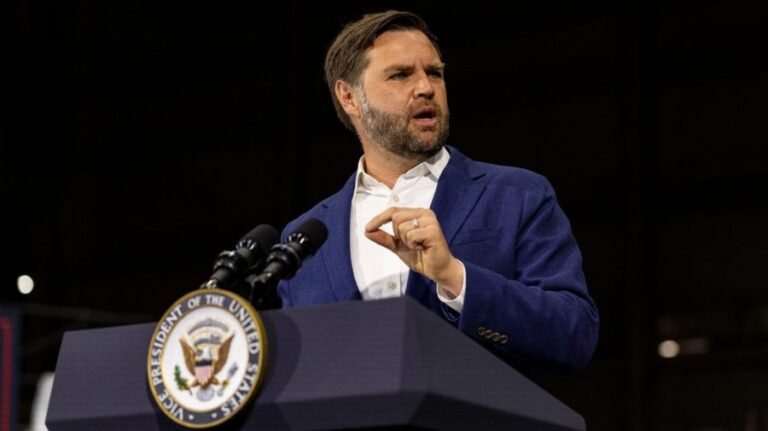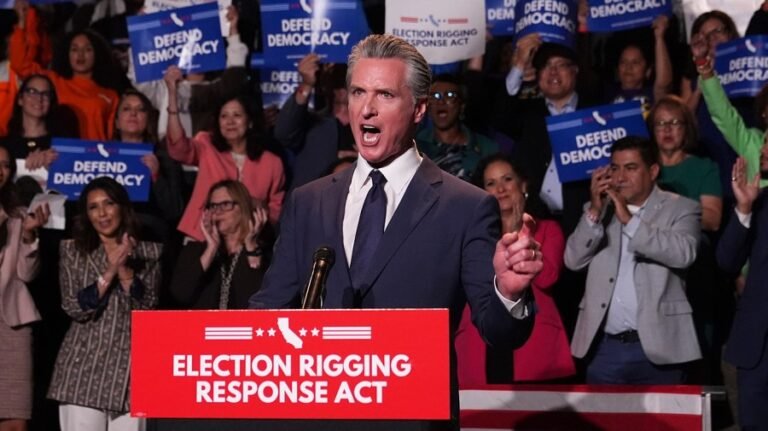
The Trump administration on Wednesday faced its third rejection of requests to unseal grand jury material in the cases involving the late sex offender and financier Jeffrey Epstein.
In response to growing pressure from President Trump’s base to increase transparency, the Justice Department petitioned to unseal secret grand jury material from three distinct cases involving Epstein and his associate Ghislaine Maxwell, across Florida and New York.
But every request was denied, as federal judges cited the lack of sufficient justification, potential risk to victims’ privacy and the lack of new information that would justify further disclosure.
Here’s a rundown of the cases and the rulings from federal judges:
Epstein’s 2019 federal case in New York
U.S. District Judge Richard Berman on Wednesday rejected the DOJ’s bid to unseal the material in the 2019 federal case against Epstein.
He said there is “clear precedent and sound purpose” for keeping grand jury records under seal and said the government failed to show the Epstein papers demonstrate any “special circumstance” justifying their release.
The judge also criticized the government’s request as a “diversion,” noting the 70-something pages of grand jury material do not compare to the more than 100,000 pages in the government’s possession from its own investigation.
“The information contained in the Epstein grand jury transcripts pales in comparison to the Epstein investigation information and materials in the hands of the Department of Justice,” the judge wrote in a 14-page ruling.
“The Government is the logical party to make comprehensive disclosure to the public of the Epstein Files,” the judge wrote. “By comparison, the instant grand jury motion appears to be a ‘diversion’ from the breadth and scope of the Epstein files in the Government’s possession.”
Maxwell’s federal case in New York
U.S. District Judge Paul Engelmayer, earlier this month, refused the Justice Department’s request to unseal grand jury materials used to charge Maxwell.
Engelmayer wrote in a ruling that the Maxwell grand jury testimony is “far from” a matter of significant historical or public interest, saying, “There is no ‘there’ there.”
“It consists of garden-variety summary testimony by two law enforcement agents,” Engelmayer wrote. “And the information it contains is already almost entirely a matter of longstanding public record.”
Maxwell opposed unsealing, while representatives for Epstein’s estate took no position. Several of their victims also submitted letters to the court that generally supported unsealing but raised concerns about the government’s motivations.
The judge said Monday he reviewed those letters, but they were based on the administration’s mistaken premise that the documents would reveal new information. Engelmayer said that was “demonstrably false.”
“The one colorable argument under that doctrine for unsealing in this case, in fact, is that doing so would expose as disingenuous the Government’s public explanations for moving to unseal,” Engelmayer wrote.
Epstein’s 2005 and 2007 investigations in Florida
U.S. District Judge Robin Rosenberg, last month, denied the Justice Department’s request to release the documents stemming from federal investigations into Epstein in Florida in 2005 and 2007.
“The Court’s hands are tied — a point that the government concedes,” Rosenberg wrote in a ruling in July.
Rosenberg said the government’s request to unseal the documents did not amount to any exceptions to the rules that require grand jury material to stay secret. She noted that appellate court precedent bars her from ordering the release of records in instances not covered by the exceptions.
“The Court cannot grant a request for disclosure unless one of the five exceptions… applies,” she wrote.






